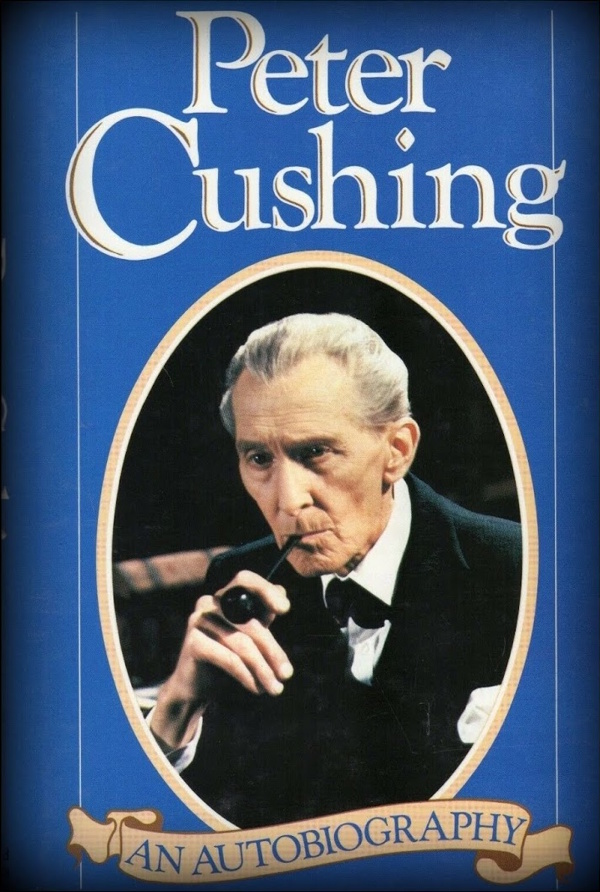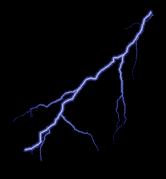Peter Cushing: An Autobiography
 |
 |
 |
 |
 |

- Publication Date: 1986
- Written by: Peter Cushing
- Page count: 157
Over the course of watching dozens and dozens of Hammer films throughout the past several years, Peter Cushing has become one of my personal favorite actors. There's something about his gentlemanly presentation, his way of speaking, and his attention to detail in his performances that always makes him the highlight of whatever movie he was in. I've never seen a bad Cushing performance, even when the movie really isn't worth that level of effort on his part. My girlfriend bought this book for me as a Christmas gift, and I was really interested in seeing what types of personal stories he would tell from his long career in film. While some of those are included, the book is actually more focused on Cushing's journey to claw his way into the profession of his dreams with the help of the love of his life. It's a very touching read that's full of great successes and crushing losses.
First off, there are a lot of funny moments all throughout the book. It's written in a way that perfectly matches the way that Cushing spoke in his film and television roles - a "posh" and proper style with a lot of humor about himself sprinkled in as well. Take this passage for example, where he tells a story of growing up:
"Some long time after my 'awakening' and acceptance of the corporeal difference between the two sexes, my interest aroused, I advanced a few tentative steps into the mysteries of physical attraction, experiencing my first kiss. It was a mere platonic peck, planted upon some blushing maiden's lips. Stricken with horror and remorse, I fled home to seek my instructor, and found him in the bicycle shed, cleaning a stinking acetylene lamp. Bursting in upon him, I confessed all, ending with the impassioned cry, 'I've been a cad! I've impregnated her!' I believe he sighed again."
Aside from the funny parts, there are a lot of surprises to be found here as well. If you're only familiar with Cushing through his appearances in films, you'd probably assume that his offscreen persona and mannerisms matched his onscreen one in terms of his attitude and way of speaking. But one thing this book does is show just how much of a ruse that onscreen persona was. When it comes to his way of speaking, he reveals that it was entirely constructed for his stage performances because a theatre manager told him "Your diction, which I can only liken unto that of a costermonger, will not do for the Theatre." He's extremely honest about his lack of confidence in himself and his tendency to suffer from anxiety and nervous breakdowns. There are so many stories in here where he talks about fighting depression throughout much of his early career because he was unable to find steady work. His family initially didn't support his dream of becoming an actor, so he was left to try to fight his way into local productions by embellishing his experience and living in very cheap and decrepit housing to get by. That's just barely scratching the surface of the stories that he tells, and it's so surprising to read that such a talented and charming actor had such a long and difficult struggle to do what he was passionate about. It's a very revealing account that strips the image of the suave and confident performer away to reveal the fragile and self-critical person underneath.
Along with this, the book is also a tender love story about the relationship that Cushing had with his wife, Violet Helene Beck, or Helen. In my opinion, this is easily the best and most engaging part to read. The two of them met during the prep for a theatre production and developed a closeness that felt like they were simply meant to be together forever. I can't possibly do justice to the way that he talks about his love for Helen. He includes poetry he wrote for her, talks about all the ways he doted on her during her chronic sicknesses, and how they held each other up during their times of living in near-poverty. One of my favorite moments is when Cushing was feeling very nervous about performing in front of television cameras for the first time, so he asked the producers if Helen could sit in the studio while they were filming. She helped to ground him and give him confidence, and he relied on her presence on so many occasions thereafter. The final chapter of the book tells of her tragic death in 1971, and it's so heartbreaking that I found myself crying as I read it out loud to my girlfriend. The feeling of despair is palpable as he tells this story, and the book comes to an abrupt ending soon after. In the introduction, Cushing states that because his life as he knew it came to an end when Helen died, he decided to write no further than that point. While it's a crushing event to conclude on, there is a slight glimmer of hope when he remembers that he will see her again one day. It's not often that a book makes me cry real tears, and that goes to show just how well he expressed his feelings for this person that he loved so much.
I went into this book simply expecting Peter Cushing's history when it came to his professional career. I ended up getting a very personal look at a man who was deeply insecure of his abilities and only got to where he did through years of struggle and the support of his loving wife. Reading this has given me an even greater appreciation of Cushing as a human being. I have no idea what happens after death, but whatever it is, I just hope that these two are reunited and at peace.



